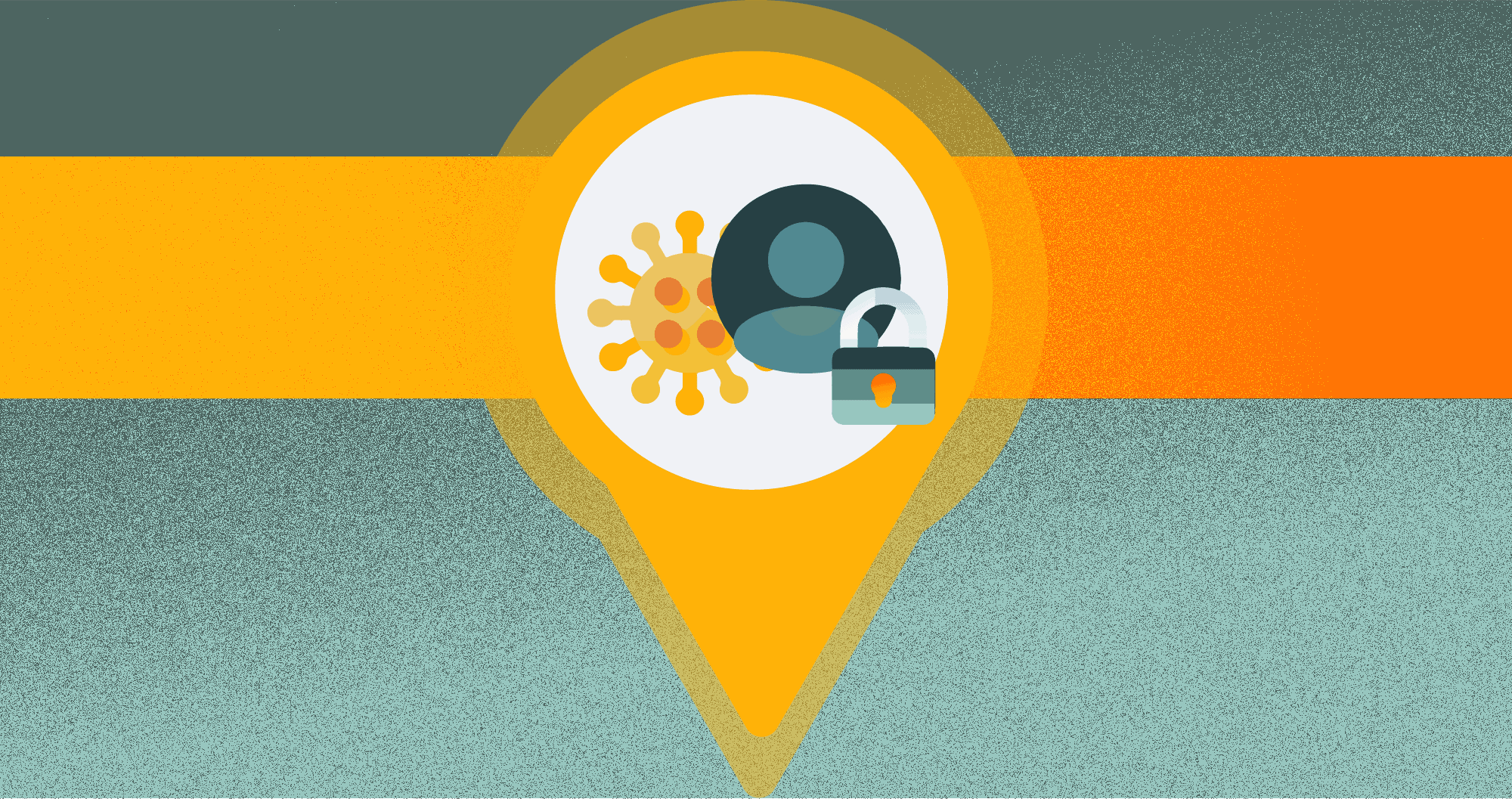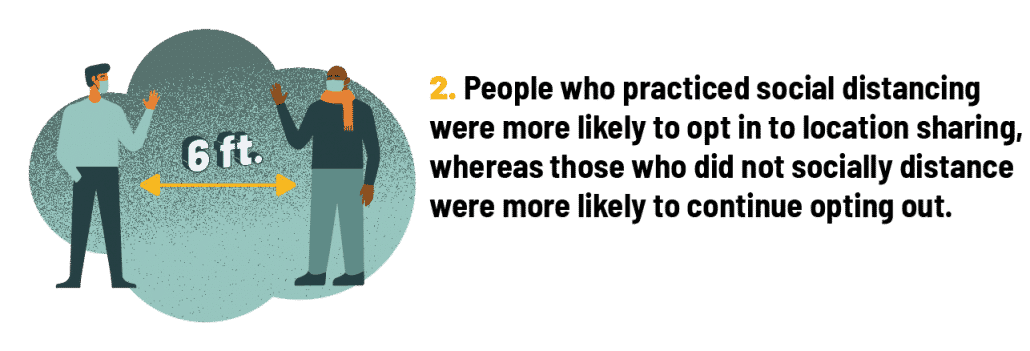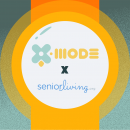Has COVID-19 Changed the Data Sharing Conversation?
Research undertaken by academic partners, using X-Mode Data, shows how people’s attitudes towards sharing location data has changed during the pandemic.
By Joseph Green
X-Mode is proud to present a new research paper as part of our Picket Initiative, built off our location panel and written by researchers at the University of Virginia, New York University, and Carnegie Mellon.
The study analyzes public response to the use of mobile location data to fight the spread of COVID-19. While some variation exists across political and demographic lines, overall the study concludes that during the pandemic, people have been more willing to share location data for use cases that benefit the public good.
What Does the Research Show?
As a company, X-Mode is committed to the use of privacy-conscious location data for a variety of prosocial use cases. It should come as no surprise, then, that during the COVID-19 pandemic we have sought to put our technology to use fighting the spread of infection. We believe in the power of high quality, ethically-sourced location; as this research paper shows, a large percentage of the American population does too.
First, the big picture: By analyzing over 22 billion records from 10 democratic cities and 10 republican cities, the authors of this paper determined that “people along both major U.S. party lines were prepared to share their smartphone location information” during the pandemic. Given the usefulness of location data in contact tracing efforts and social distancing analysis, this seems like no coincidence. Professor Natasha Zhang Foutz of UVA, one of the authors of the study, suggested this willingness to share location may be “driven by individuals’ increasingly prosocial behavior during the pandemic.”
But how did Foutz and her fellow researchers arrive at these conclusions, and what role did X-Mode’s data play? Using the X-Mode location panel, the researchers were able to pull two major insights that drove the paper’s findings:

This decrease in opt-outs after the onset of the pandemic — as well as the correlation between people who shared data and those who distanced — is what led Foutz and her colleagues to highlight a potential link between data sharing and “prosocial behavior.” Of course, there are a lot of good reasons why someone might choose or not choose to share their mobile location data. X-Mode takes pride, though, in the thought that some may be doing so in order to help others during a time of crisis.
Although the researchers found a decrease in opt-outs across the political spectrum, there was some interesting variation within the data.
The Takeaway
There is no denying that, during the pandemic, more attention has been paid to location companies like X-Mode, especially as they have explored the different ways location data can be used to respond to the virus. The research done by Professor Foutz and her colleagues is an invaluable glimpse into how real people have responded to these events. Are people more accepting of location sharing when they can see it offer a direct benefit to themselves and their communities? More research is undoubtedly needed, but the work done here so far seems to answer that question in the affirmative.
X-Mode partnered with the researchers behind this study as a part of our Data for Social Impact initiative, Picket. This study is only the latest strategic partnership undertaken by Picket during the COVID-19 crisis — we have also worked with The Covid Alliance, Sickweather, and other groups leveraging location data to combat the virus. Head over to our Picket page today to learn more about this initiative — and subscribe to our newsletter for more updates on how we are using location data to change the world.










